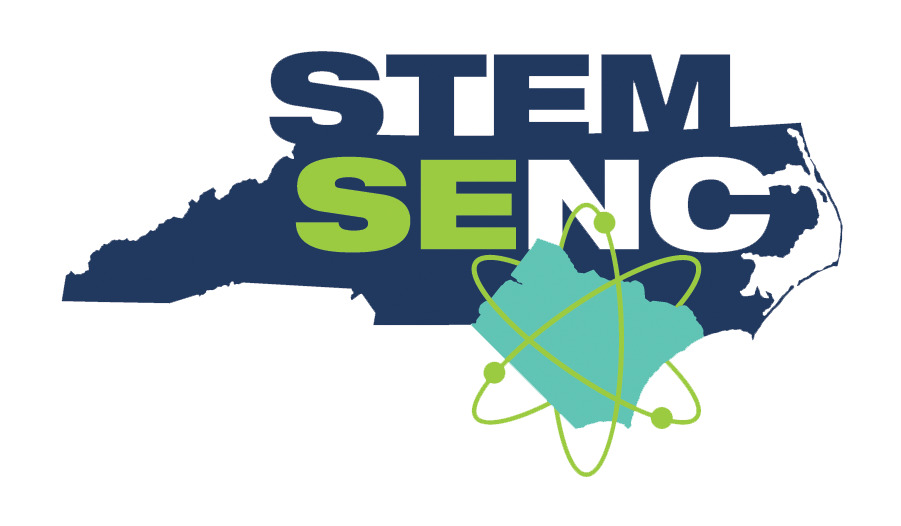In a national competition, the joint application submitted by STEM SENC, CESTEM, The North Carolina Science, Mathematics, and Technology Education Center, STEM East, STEM West, and the State Library of NC, and supported by the NC Center for Afterschool Programs and the North Carolina Science Network, was accepted to join the Leap into Science Cohort 3.
Developed by The Franklin Institute Science Museum and supported by the National Girls Collaborative Project, Leap into Science is a series of evidence-based curriculum and training resources that integrate open-ended science activities with children’s books for children ages 3-10 and their families. The program designed to take place in community settings like libraries, museums, and out-of-school time programs to engage underserved audiences in accessible and familiar settings.
Leap into Science is scaling nationally through a train-the-trainer model, by establishing state leadership teams who will disseminate Leap into Science programs, targeting underserved rural and urban communities.
Learn more about the program.

